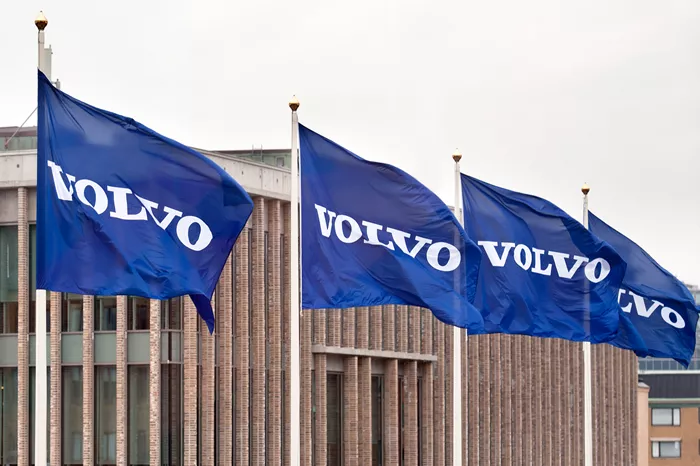Volvo Group Australia has announced a significant step towards its 2030 emissions reduction targets, revealing plans to replace diesel with Hydro Treated Vegetable Oil (HVO) in all Volvo and Mack trucks manufactured at its Wacol factory in Queensland, beginning December 2024.
This initiative marks a key development in the company’s sustainability efforts, as it looks to reduce its environmental footprint. “The recent recognition of HVO100 as a fuel on the Australian market has allowed us to accelerate the adoption of this renewable fuel in our manufacturing process,” said Martin Merrick, President and CEO of Volvo Group Australia.
While HVO is not a completely emissions-free fuel, it is a fossil-free alternative that reduces well-to-wheel emissions by up to 90%. Merrick emphasized that the shift to HVO represents a significant move toward decreasing the company’s environmental impact. “We will continue to take steps to reduce our emissions and meet our decarbonisation targets, thinking globally and acting locally,” he said.
The HVO100 program was first introduced in 2022 at Volvo Trucks’ Tuve factory in Sweden. The Wacol facility’s transition to HVO will be the first instance of a multi-branded Volvo Group manufacturing site adopting the fossil-free fuel.
HVO100 is a sustainable and renewable synthetic fuel produced from waste vegetable oils and animal fats. It has a lower carbon footprint, contains no sulfur, and can be used in Volvo Group engines without requiring modifications. HVO100 can either be used alone or blended with diesel without affecting engine performance or maintenance schedules, making it an effective, eco-friendly alternative to traditional fuels.
As part of its broader sustainability goals, Volvo Group has committed to achieving net-zero value chain emissions by 2040, with a target of net-zero emissions by 2050. Recently, the company also entered into a 12-month agreement with Ampol to supply HVO100 to its fleet of trucks built at the Wacol factory.
Merrick further highlighted that the move to HVO is part of a comprehensive decarbonisation strategy. “While the future of fossil-free transport in Australia will still involve the internal combustion engine, the fuel powering these engines will continue to evolve as we work towards a fossil-free future,” he concluded.
Related topic:

